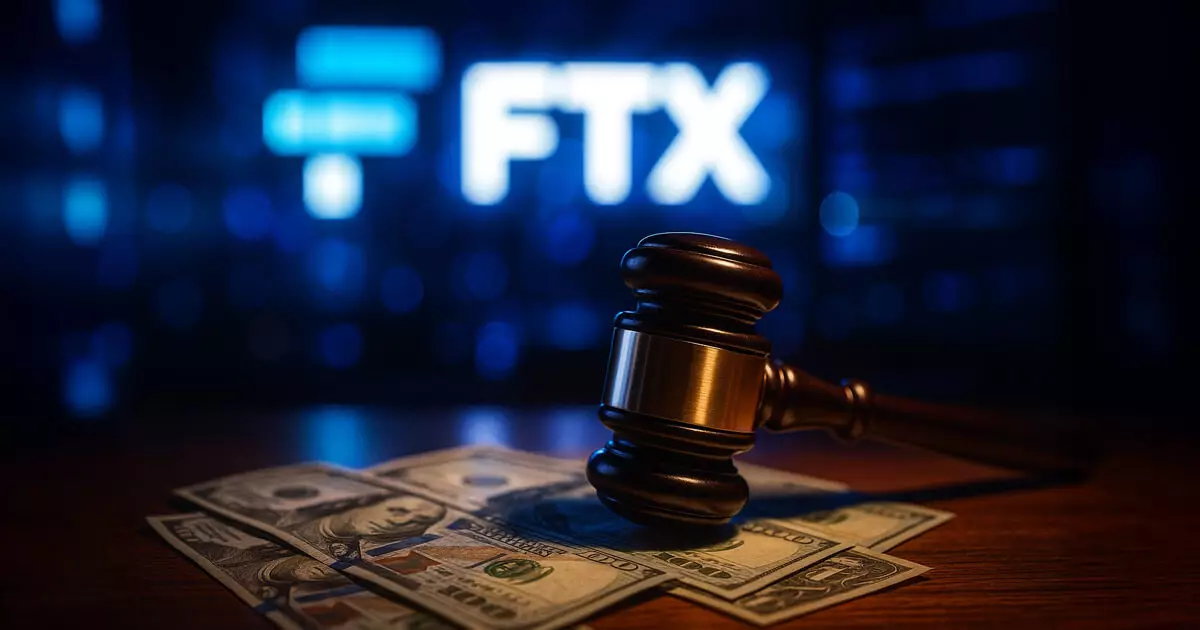The recent announcement of the FTX Recovery Trust’s upcoming distribution underscores a troubling reality: in the aftermath of one of the most scandalous collapses in cryptocurrency history, creditors are still caught in an arduous, uncertain process that barely conceals the underlying chaos. Although the trust declares a record date set for August 15 and hints at payments starting in late September, the truth remains that this “recovery” is more symbolic than substantive. Over a year since FTX’s spectacular downfall, the confidence of creditors remains shattered, and the mechanisms designed to provide restitution seem to serve more as window dressing than genuine restitution.
This latest distribution is limited to select claim classes, predominantly those with lesser claims and those who have diligently completed pre-distribution steps—an inequitable gatekeeping that highlights the inherent flaws in the process. Small claimants or those less familiar with complex regulatory hurdles face a daunting barrier to recovery. The rigid deadlines and strict requirements for Know Your Customer (KYC) procedures, tax filings, and claim transfers underscore the system’s inflexibility, favoring institutional players or those with resources to quickly comply. This approach not only marginalizes vulnerable creditors but also perpetuates the perception that justice in crypto collapses is reserved for the well-connected or the financially savvy.
The Financial Strain: Barking Up the Wrong Tree With Reserve Adjustments
One of the more telling details is the court-approved reduction of the disputed claims reserve by a staggering $1.9 billion—cutting it from $6.5 billion to a mere $4.6 billion. At face value, this sounds like a sign of progress, a step toward freeing more cash for repayments. However, it raises serious questions about the transparency and honesty of the entire process. Is this adjustment a genuine move to expedite creditor payments, or does it mask deeper issues about how liabilities are estimated and litigated? The pragmatic cynic might argue that this is a calculated maneuver to appease mounting frustrations and to cast the estate in a more positive light but fails to address whether a significant portion of these claims will ever see real recompense.
Furthermore, the reliance on third-party entities like BitGo, Kraken, and Payoneer to manage payouts introduces another layer of questionable oversight. While outsourcing is inevitable in complex bankruptcies, it transparently dilutes accountability. When disbursements are contingent on individual platforms completing onboarding and verification—an arduous process—many claimants might find themselves waiting endlessly or, worse, falling into the cracks entirely. Trust, by these measures, remains elusive.
The Broader CRISIS in Crypto Governance and Investor Confidence
This entire saga underscores a broader malaise afflicting the cryptocurrency industry—a failure to establish a credible, fair, and transparent governance framework. The FTX catastrophe laid bare the dangers of unchecked greed and opaque decision-making processes, yet the recovery process appears to be no better. It reveals a system more concerned with managing appearances than genuinely reforming itself.
From a pragmatic, center-right perspective, the emphasis should shift toward instilling accountability, explicit regulations, and clear insolvency procedures that protect small investors and establish systemic integrity. Instead, what emerges is a patchwork of legal maneuvers and financial engineering designed to obscure the hard truths about debtor solvency and creditor rights. The industry’s survival hinges on rebuilding trust through tangible reforms, not superficial payouts that risk perpetuating an environment where scandals like FTX can recur, possibly on an even larger scale.
In essence, while the latest distribution might be spun as a step forward, it ultimately exposes the cracks in crypto’s fragile infrastructure. Without genuine oversight and accountability, these “rescue” efforts risk being nothing more than interim illusions—temporary fixations that ultimately fail to restore faith in the promise of decentralization and free markets.

